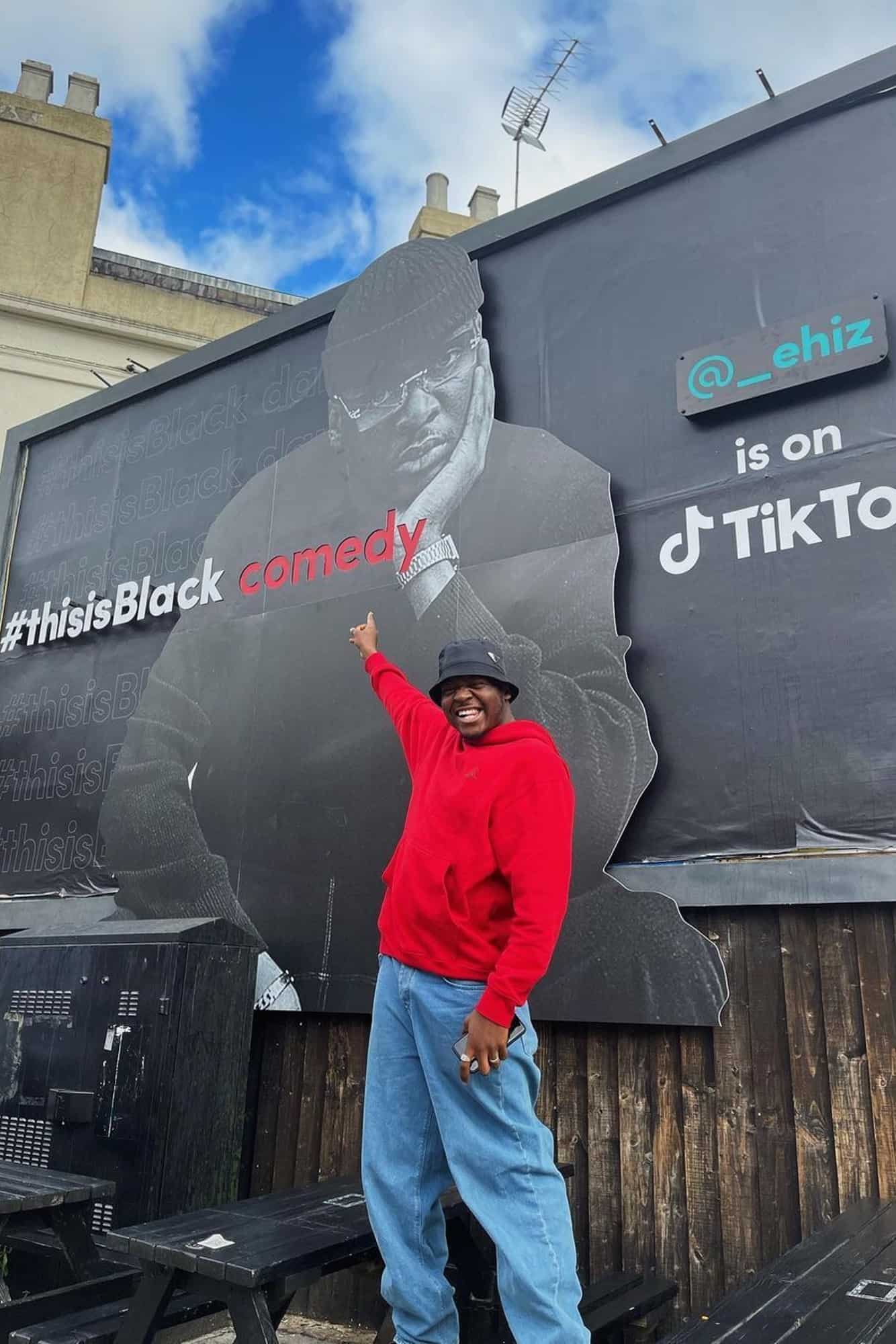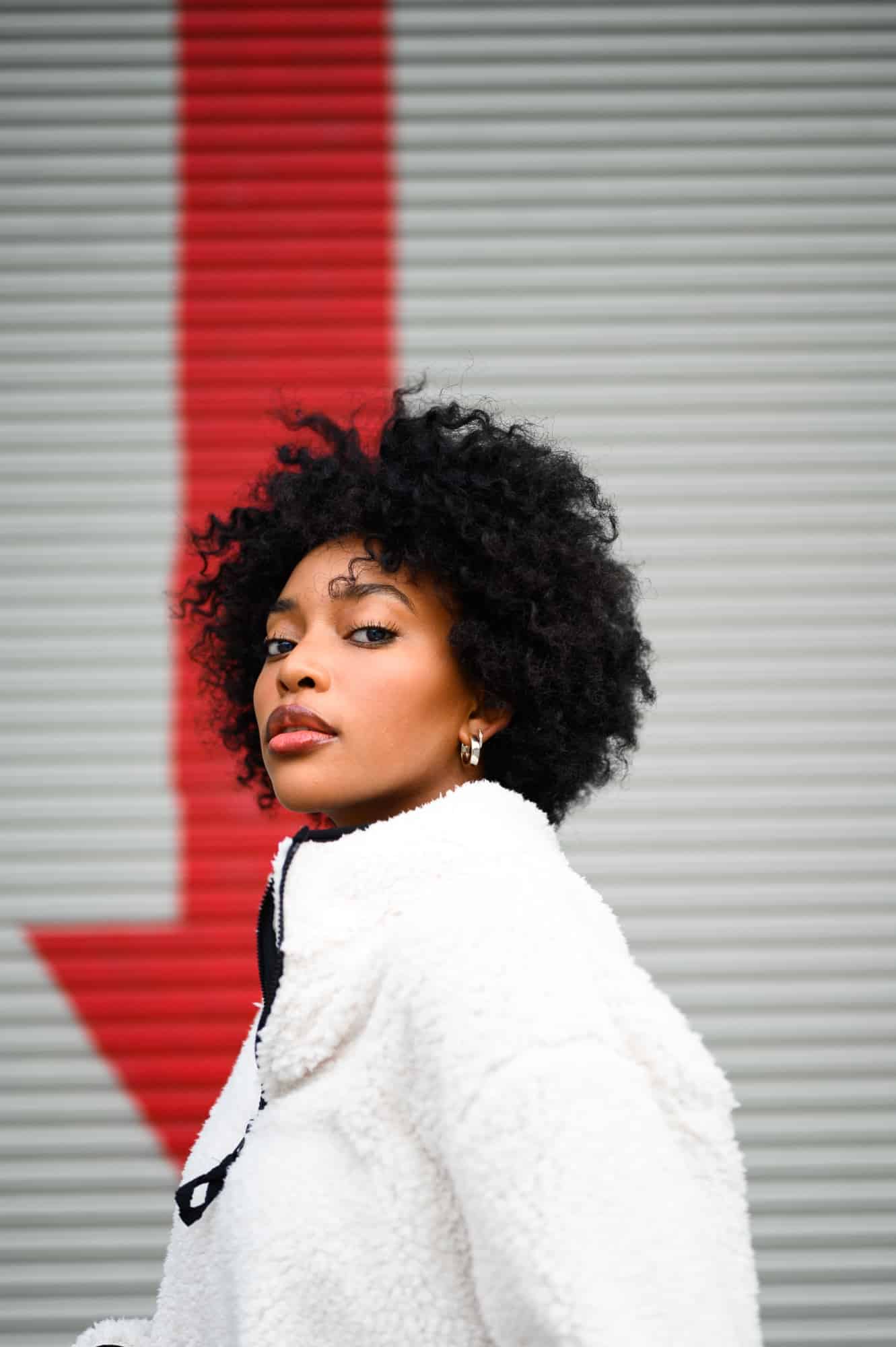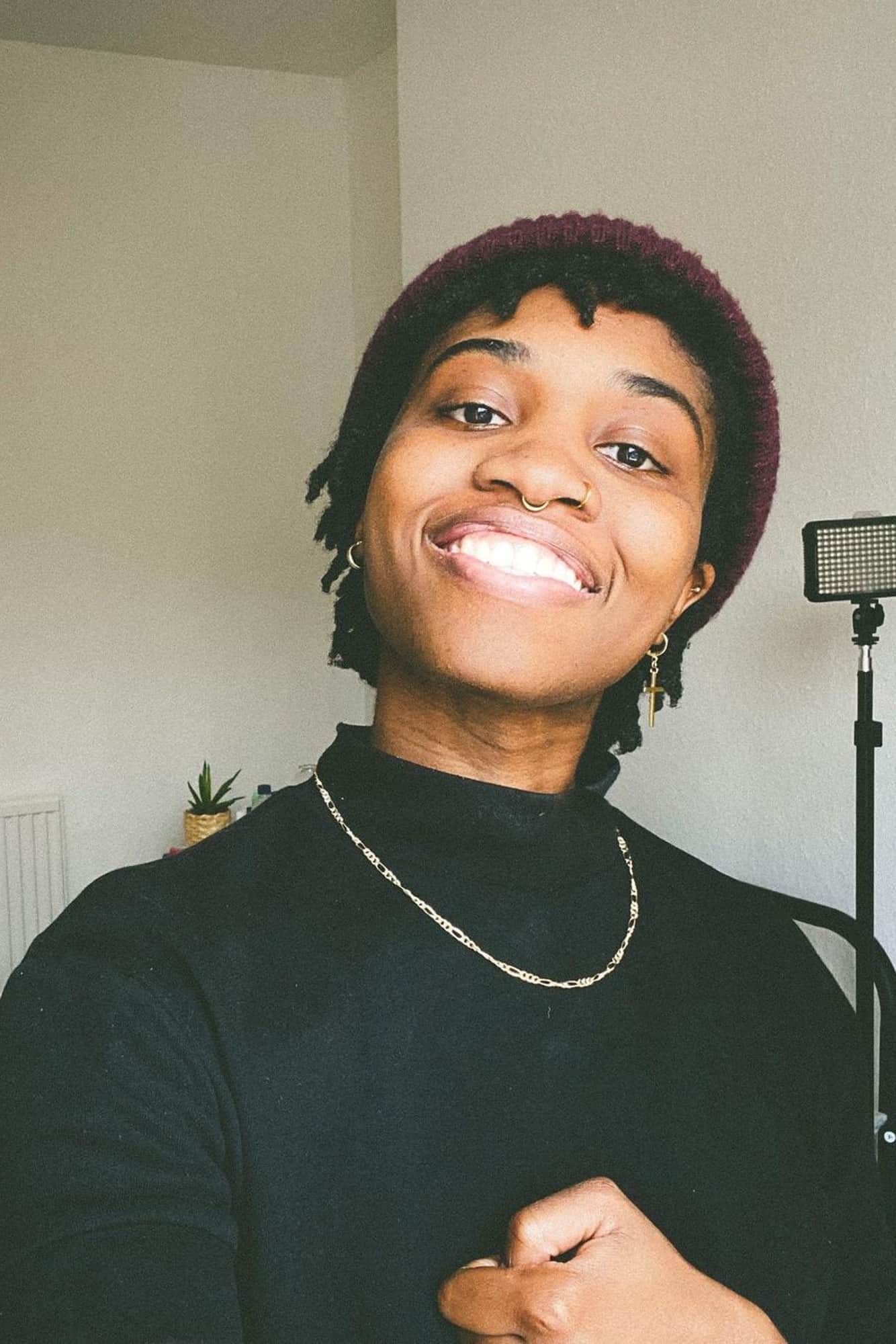A decrease in Black History Month campaigns and initiatives this year combined with Black creators experiencing their worst financial year to date and brands being called out for their lack of diverse collaborations all seem to be pointing to one thing – companies are deprioritising diversity and inclusivity.
Key takeaways:
- Black creators are experiencing less brand interest, and many have said there were very few brand initiatives this Black History Month (October 2023).
- Influencers Char Ellesse and Nicole Ocran told CORQ this year marks both of their worst financial year as creators.
- A 2022 MSL UK report found that Black creators were getting paid 22% less than their white counterparts.
- Ellesse, Ocran and Tag Agency co-founder Alvin Owusu-Fordwuo all believe brands are relying on statistics instead of prioritising diversity.
- Creators have been calling out brands for the lack of diversity and inclusion across campaigns, press trips and events throughout 2023.
Char Ellesse uses her platform to share fashion and beauty content alongside social and political commentary. On 17 October, she shared an Instagram post about a conversation with her management agency, Insanity, which was unhappy with her content output. “The rise of black creators in 2020 resulting in an even greater fall in 2023 is something that has so many of us fucked up,” she wrote.
The next day, Ellesse shared a recording of the conversation with one of the agency’s co-founders, who stated Insanity was good at “traditional talent management”, said the influencer was “getting angry” and compared her content productivity to another client who is a “whiter than white” middle class mother-of-two.
“I didn’t want to be known as the person who always has something negative to say, and so I hadn’t really been speaking out on things like that as much since 2020. But this was just so heavy, and I couldn’t believe the disrespect,” Ellesse told CORQ. The clip has been viewed more than 104,000 times, and the comment section was full of creators sharing their similar situations. Since then, the influencer has cut ties with the agency. Insanity told Deadline it has apologised and is investigating the matter, but said the clip did not accurately reflect the whole conversation. CORQ contacted Insanity to comment on Ellesse’s posts, but received no response before publication.
You may also like
In her 17 October post, Ellesse said 2023 has been her worst financial year, and she is not alone. Podcaster and fashion influencer Nicole Ocran has made less money than any other year working as a creator. Ocran’s following and interest from brands grew in 2020 during the pandemic and the Black Lives Matter protests – she was even approached by brands apologising for not being inclusive. “I think 2020 was a bit of a scramble in terms of ‘how can we look like we are doing the right thing’,” Ocran told CORQ. She has noticed less interest in the following years, as well as a decline in brand events and press trip invitations. Creators have been calling out brands for the lack of diversity and inclusion across campaigns, press trips and events throughout 2023 and saying there has actually been a backwards step in recent years.
Originally from the US, Ocran sees a disparity between how Black influencers in the US and in the UK are treated by brands. “I think there’s a lot of expectation in the UK to be grateful for the opportunities that you’re getting, and there seems to be a little bit more respect for Black creators in the US,” she notes.
Ocran co-hosts the podcast Mixed Up, which discusses mixed-race identity and experiences, and has been working on setting up The Creator Union since 2020, alongside artist Kat Molesworth. They want to further professionalise the industry, encourage diverse campaigns and provide legal support and education for influencers. The union is hoping to start accepting members by January 2024.
Ocran says she didn’t see any Black History Month campaigns this year, and was only invited to one event, by dating app Bumble. As Ellesse says: “If the only content creators getting paid during Black History Month are white, we have a problem.” Ellesse has previously been booked for both Pride and Black History Month, but this year she didn’t get any jobs for either.
“Black creators viewed as a risk”
Alvin Owusu-Fordwuo is the co-founder of Tag Agency, which specialises in creating opportunities for young people from marginalised backgrounds. He has seen a dip in Black History Month campaigns since 2020, and says this year was particularly muted. He told CORQ: “Blackness and Black people are always in the zeitgeist, but there hasn’t been a real pivotal moment this year the way that it was in 2020. I think three years on, there’s that fatigue, the sense that ‘you had your moment’.”
Owusu-Fordwuo says that while Black History Month was noticeably quiet, some brands are making year-long commitments to working with diverse creators. He highlights Pinterest’s Creator Fund, LIONSGATE+’s sponsorship of GUAP GALA and Bumble’s #MyLoveIsBlackLove campaign as standout initiatives. “As a dating platform, Bumble kind of owns Black love – they’ve really gone all in,” he says.
Tag Agency worked with The Black Curriculum to create a podcast series supported by Spotify to mark 75 years of the Windrush generation in June 2023. The agency’s co-founder notes that campaigns should focus on Black resilience, heritage and elevation rather than trauma or pain.
Ellesse, Ocran and Owusu-Fordwuo all believe brands have reverted to relying on performance statistics to choose collaborators, letting diversity and inclusion fall by the wayside. “In 2020, 2021, even in 2022, it was still about diversity and inclusion, it was about ‘what does this person bring to the table’ rather than ‘what does this person’s stats bring to the table’,” Ellesse says.
Ocran agrees and adds: “In my view, brands are entirely risk averse and they view Black creators as a risk.” She believes a mistake brands often make is looking at influencers as a whole and thinking they should all achieve the same results and abide by the same metrics. “If your sole focus is on vanity metrics – sales for example – it’s pretty impossible to make your campaigns diverse,” she says.
Social media algorithms are known to have biases that work against people of colour. “If we’re still using the same measurements for impact and engagement for Black creators as for white creators on a platform that wasn’t really designed for them to thrive, then we can’t say that we’re actually committed to Black creators,” Owusu-Fordwuo says.
“Brands have lost integrity”
In 2021, US TikToker Ziggi Tyler posted a video where he wrote a bio for TikTok’s Creator Marketplace. When he included phrases such as “Black Lives Matter” or “supporting Black voices” the app marked it as “inappropriate content”, while writing “supporting white supremacy” was accepted. The same year, Black TikTokers went on strike to protest the lack of credit for their work.
“Brands have lost any kind of integrity they claimed to have in 2020. Now they only care about making money,” Ellesse says. She said she knows white creators who are getting paid generously, so the issue can’t be blamed on the cost-of-living crisis and brands’ lack of budget.
Even when Black creators are getting jobs, they are paid less than white influencers. A 2022 report by communications agency MSL UK polled 600 creators and found that Black influencers were getting paid 22% less than their white counterparts. Additionally, white creators were almost three times more likely to be successful when negotiating fees.
Ellesse believes the problem lies with a homogeneous industry, from management agencies to PR and marketing roles. “A lot of the people that get hired are the same type of person, they are usually straight, white, thin and able-bodied,” she says, which leads to fewer marginalised creators being approached for projects. Owusu-Fordwuo agrees and says: “It often starts with who’s in the room.”
By Dina Zubi, CORQ news and features writer. Picture credit: Char Ellesse via Instagram










Brands should know better than to ask Black creatives to work for free during Black History Month – especially following 2020 pledges